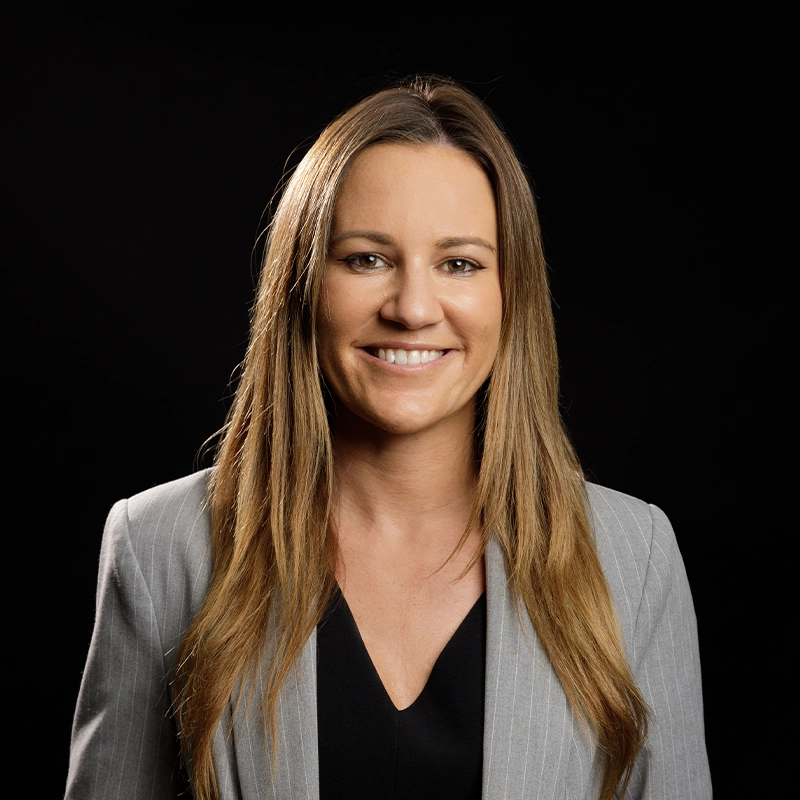By Angela Harry
Everyone should have an Enduring Power of Attorney in place so that they have someone who can look after their affairs in the event that they suffer an injury or an illness which results in them losing their mental capacity. For example, if you suffer a head injury in a car accident or have a stroke which results in you being left in a vegetative state, you may still live for quite a long time but be completely unable to handle your own affairs or make any decisions.
Many people confuse the role of executors in a Will with attorneys under an Enduring Power of Attorney. Your executors can only step in and make decisions after you die. The Enduring Power of Attorney is designed to be used when you are still alive but have lost your capacity.
Most couples appoint each other as their sole enduring power of attorney and this is usually fine in most situations. However, there can be some difficulties when couples have children from previous marriages. Sometimes it might be wise to appoint one of your own children or an independent person as a co-attorney with your spouse.
Many parents appoint the eldest child or one of their children to be their attorney in the event that something happens to one or both of them. This can be fraught with difficulty. If you appoint a single person, no matter how trustworthy they are, this can place a lot of pressure on them and leaves the door open for abuse or just bad decisions to be made. You should consider always appointing 2 or 3 children jointly to make sure that your affairs are handled correctly. Many parents have difficulty in appointing their children either singularly or together because they do not trust them or their children do not get on. In these circumstances, it may be appropriate to consider appointing an independent person to handle your affairs (e.g. your solicitor or accountant). Another variation of this is to appoint a professional person to act jointly with 1 or 2 of your children. There are fees payable to a professional person if you appoint them to conduct this role but in many cases these fees are quite modest and are worth every penny if this guarantees that your affairs will be handled correctly when you are unable to make your own decisions.
Everyone should consider preparing and signing an Enduring Power of Attorney. If you don’t have one in place when you lose mental capacity, it makes it very difficult for your spouse and/or your relatives to continue to conduct your affairs. Everyone has experienced the frustration of being told by a telephone company or electricity company that they cannot speak to you because the account is not in your name! Imagine what would happen if you had to deal with someone’s bank, shareholder, Council rates, telephone….
If you don’t have an Enduring Power of Attorney in place and someone loses their capacity unexpectedly, you will probably be required to apply to the Guardianship Tribunal (NSW) or QCAT (Qld) in order to be appointed as the attorney or guardian for your spouse or parent. This can be a lengthy and frustrating experience at a time when stress levels are very high.
For the relatively modest costs of getting of an Enduring Power of Attorney done properly by a lawyer, the downside of not having it done can be extremely costly and emotionally draining. Attwood Marshall are offering a limited special discount on Enduring Powers of Attorney of 50% off or 2 for 1. This offer will only remain open until the 30th September 2013.
For free, no obligation advice, please contact Attwood Marshall Lawyers today on 1800 621 071 or email us at info@attwoodmarshall.com.au

